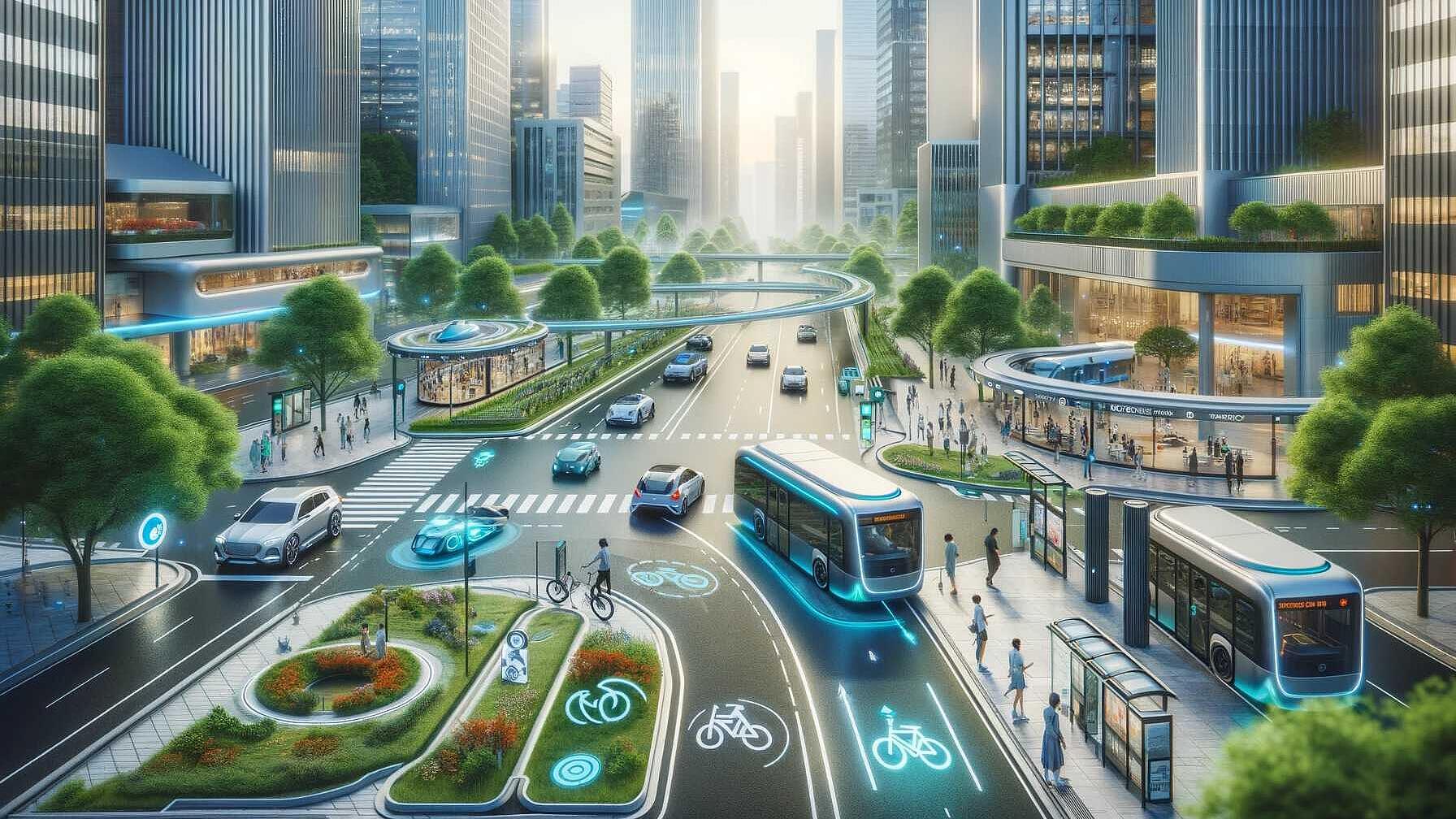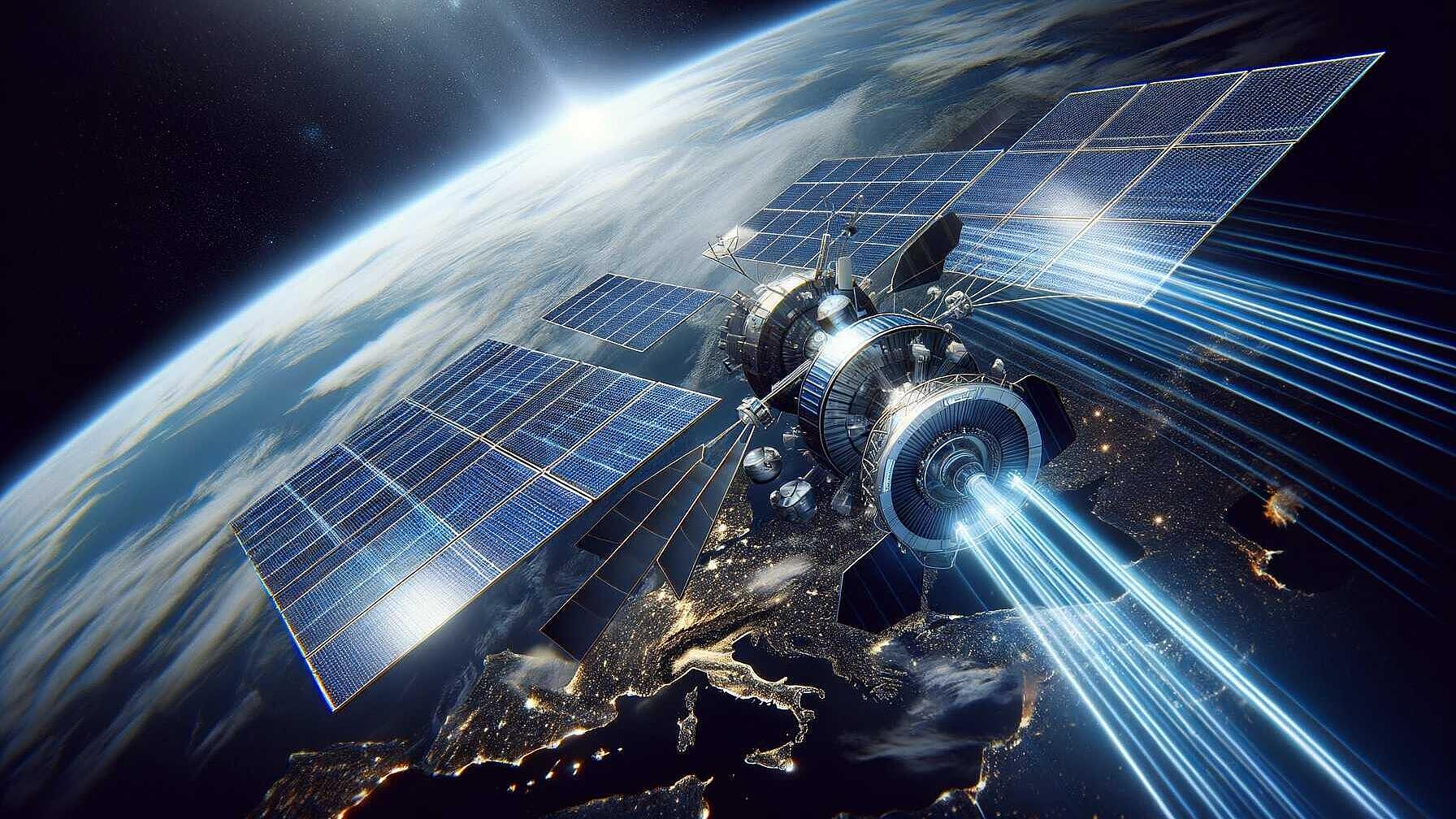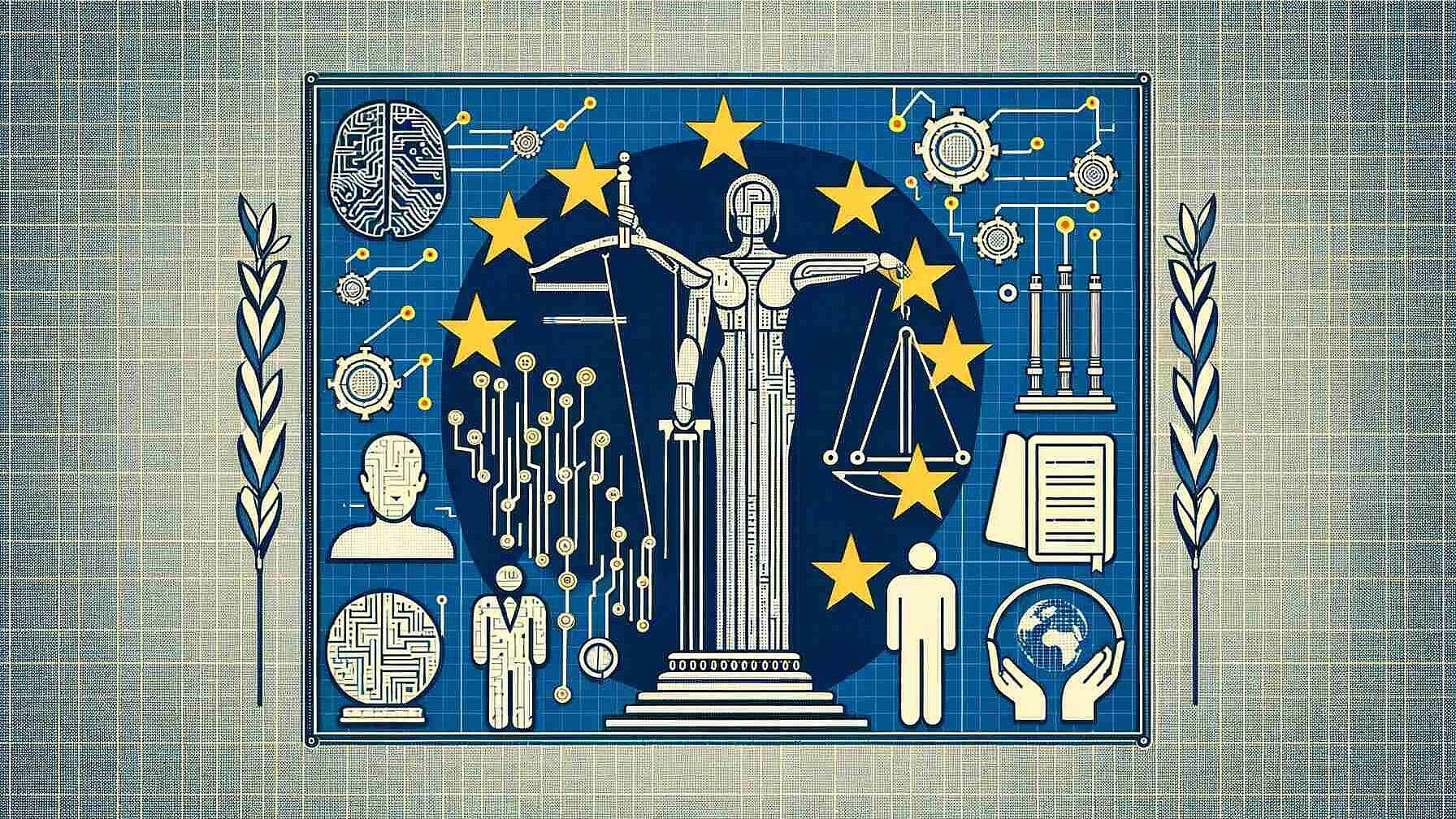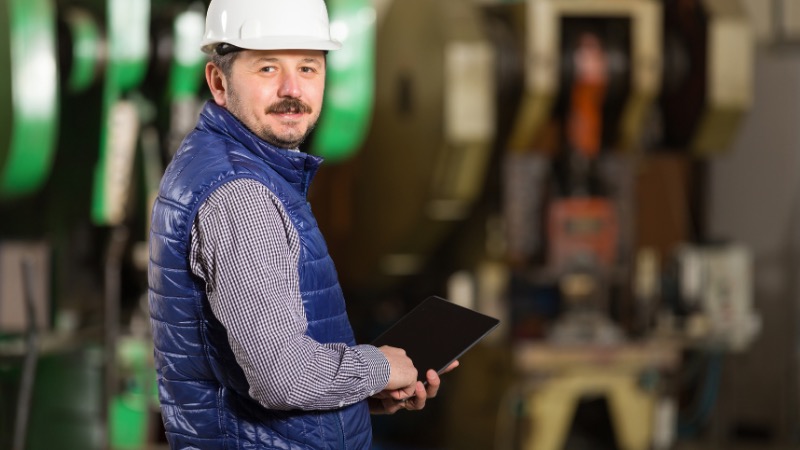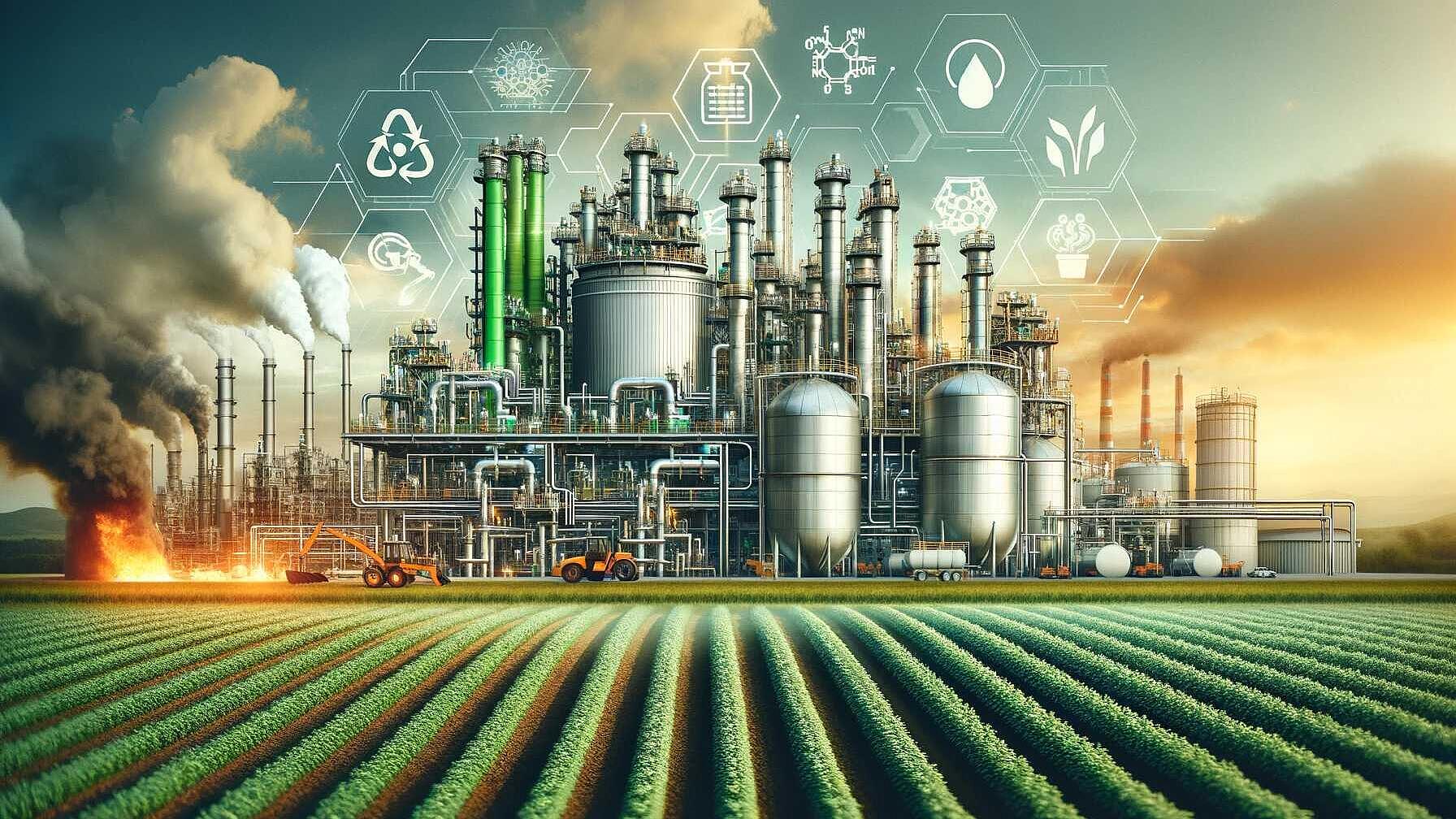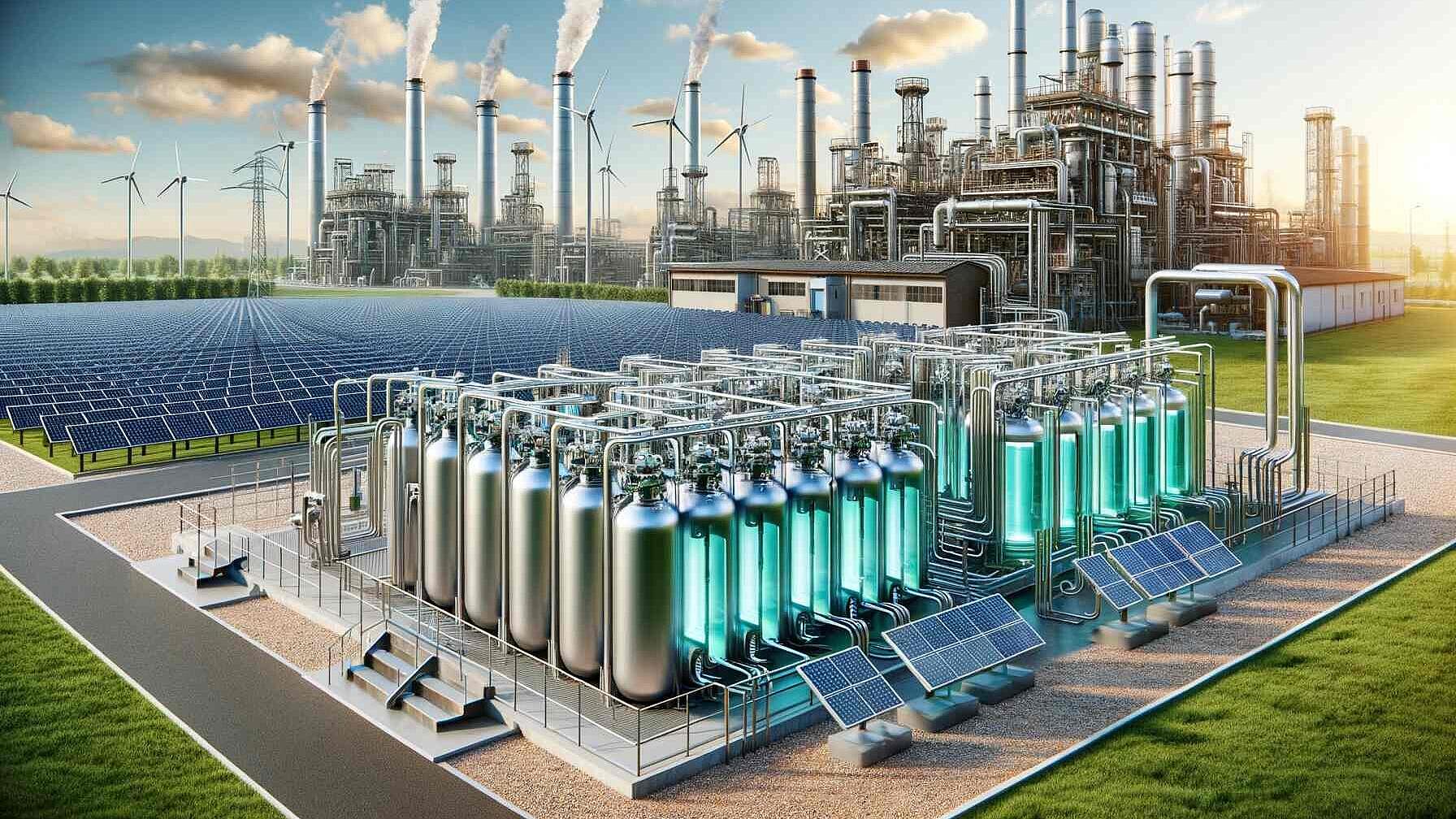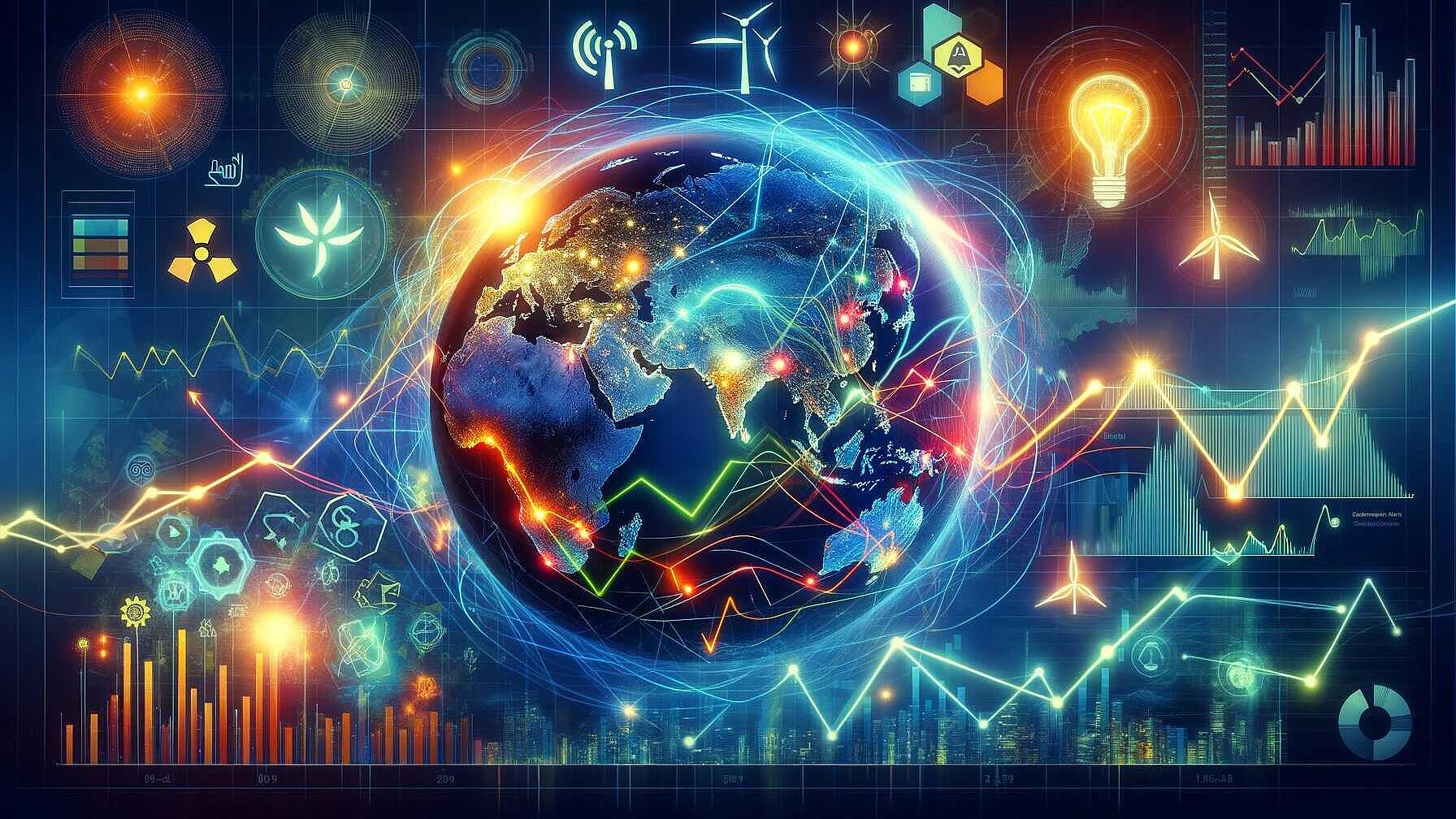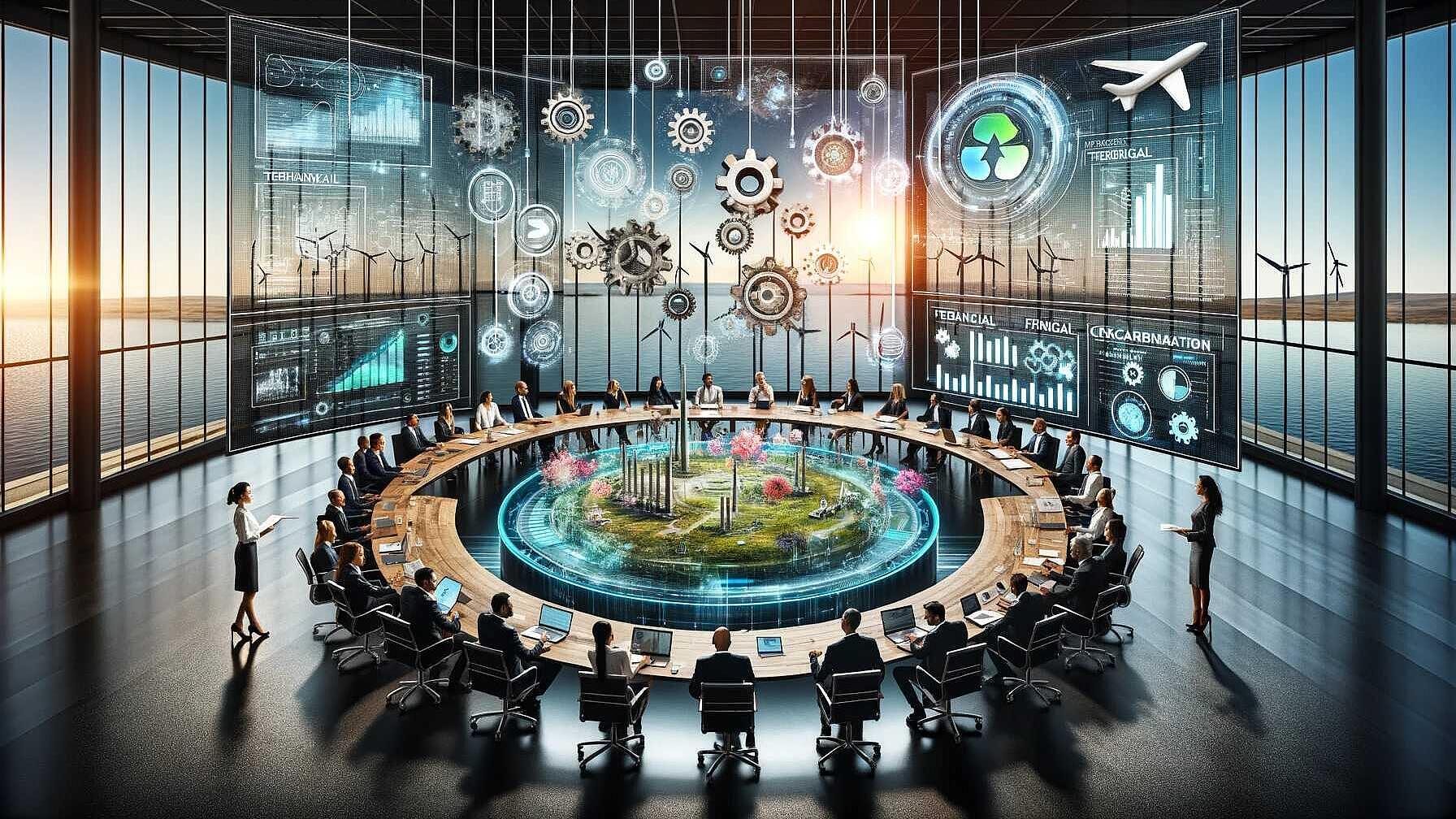 Artigos
ArtigosRevolutionizing Transit: Europe's Top Smart Mobility Solutions
Europe's transition towards smart mobility addresses urbanization challenges and aligns with sustainability goals. The EU's policy frameworks, such as the Green Deal and Urban Mobility Framework, are catalyzing this shift by encouraging electric and autonomous vehicles, and the use of innovative technologies for public transit. European cities are implementing real-time transit tracking, electric/hydrogen buses, and AI in traffic management. Smart Mobility Solutions discussed include advanced public transit with real-time data and mobile ticketing, the rise of electric and autonomous vehicles backed by policy incentives, and the emergence of Integrated Mobility Platforms like MaaS, exemplified by Helsinki's Whim app. Case studies of Barcelona, Stockholm, and Amsterdam highlight the transformative impacts of smart mobility initiatives. Looking ahead, Europe's commitment to expanding 5G networks, integrating AI, and advancing electric mobility suggest a future of more efficient, sustainable, and user-centric urban transport.
Leer Artigo completoSpace-Based Solar Energy: Harnessing the Sun's Power from Orbit
Space-based solar energy (SBSE) overcomes terrestrial solar power limitations, offering continuous, efficient energy. Despite high costs and ecological concerns, advances in technology and interest from ESA and CALTECH's SSPD indicate its promising potential for sustainable energy.
Leer Artigo completoAn overview of the ESCO industry
We need to triple global energy efficiency investment to meet COP28 goals. ESCO contracts can bridge the development gap by managing both technical and financial risks, fostering demand, and increasing financing capacity. Innovations like Super ESCOs, CaaS, LaaS, and standardized contract forms like EPCs can accelerate growth, but require policymakers, professionals, and financiers to align efforts for broad market scaling.
Leer Artigo completoTransitioning industrial zones into hubs for circularity
The Horizon-Europe IS2H4C project, coordinated by Devrim Murat Yazan, University of Twente, and funded with 23.5 million euros, aims for systemic industrial symbiosis across Europe, targeting zero emissions and sustainable practices in various industries through innovation and the collaboration of 35 partners.
Leer Artigo completoArtificial Intelligence Act: Landmark Deal Reached for World's First AI Rules
The EU's Artificial Intelligence Act, following a three-day negotiation, aims to integrate AI into the European market, balancing innovation with fundamental rights protection. The act's risk-based approach sets stringent rules for high-risk AI applications, excludes certain AI uses, and provides specific law enforcement exceptions. It establishes a governance system, including an AI Board, and introduces penalties for violations. The legislation will take effect two years post-enactment, with a focus on transparent and responsible AI development.
Leer Artigo completoEmpowering Small and Medium-sized Enterprises (SMEs) in the Energy Transition: The DEESME Project
The DEESME project, under EU's Horizon 2020, aids SMEs in energy efficiency endeavours, countering technical, financial, and awareness barriers. It provides a multi-layered approach to align SMEs with EU goals, offering policy recommendations and strategies to effectively implement Article 11 of the Energy Efficiency Directive.
Leer Artigo completoRevolutionizing Ammonia: The Quest for Sustainability and Efficiency in Fertilizer Production
The article discusses the environmental impact and need for innovation in the Haber-Bosch process for ammonia production. It explores greener alternatives, including the use of renewable energy and nitrogen-fixing enzymes, and the development of flexible reactors and advanced electrocatalysis methods for sustainable synthesis.
Leer Artigo completoEU Policies for Advancing Green Hydrogen
The European Union is intensifying efforts to foster green hydrogen as a key component of its energy and climate strategy. Policies are being developed to support the production, distribution, and use of green hydrogen, aligning with the EU's broader goals of achieving carbon neutrality and sustainable economic growth.
Leer Artigo completoSummary of the IEA Electricity Market Report 2023
The IEA Electricity Market Report 2023 paints a picture of a world grappling with the dual challenges of meeting growing energy demands and transitioning to a more sustainable and low-carbon energy future. Low-emission power sources are poised to meet nearly all the global electricity demand growth by 2025.
Leer Artigo completoGetting to grips with the complexities of industrial decarbonisation using soft systems
The article discusses the application of the soft systems model to industrial decarbonisation, emphasizing 'contextual evaluation'. This approach examines how decarbonisation measures align with an organization's broader policies and strategies. It involves assessing technical, financial, and contextual aspects to generate new ideas and requires thinking beyond conventional energy management boundaries.
Leer Artigo completo